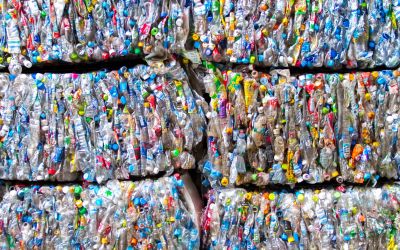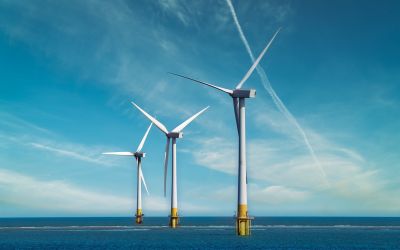Coca-Cola European Partners sets ambition to reach Net Zero emissions by 2040
Coca-Cola's largest independent bottling company pledges to spend €250m over the next three years in order to achieve a 30% emissions cut across its value chain by end of the decade.

Coca-Cola's largest independent bottling company pledges to spend €250m over the next three years in order to achieve a 30% emissions cut across its value chain by end of the decade.
The world’s largest independent Coca-Cola bottler, Coca-Cola European Partners (CCEP), has set out plans to accelerate the decarbonisation of it business by reducing absolute greenhouse gas emissions across its entire value chain.
The steps include scope 1, 2 and 3 emissions – by 30% by 2030 compared to a 2019 baseline and in alignment with a 1.5˚C pathway and the Paris Climate Agreement, is setting a path to become a Net Zero business by 2040.
CCEP will reduce GHG emissions across all five areas of its value chain – ingredients, packaging, operations, transportation and refrigeration.
There will be a substantial focus on reducing scope 3 emissions via a commitment to support strategic suppliers to set their own science-based carbon reduction targets and use 100% renewable electricity.
Damian Gammell, CEO of CCEP claims they are committed to a ‘reduction-first approach’, and highlights that over 90% of their GHG emissions are related to the activities of their suppliers
He stresses the importance of supporting them in their reductions by setting science based GHG emissions reduction targets by 2023, use 100% renewable electricity across their operations by 2023, and to share their carbon footprint data.
“Our vision has always been to deliver loved brands, done sustainably, and today we recognise the even greater urgency to address climate change, one of the most serious and complex challenges facing society and our planet. We have developed an ambitious plan to reduce greenhouse gas emissions which uses absolute science-based carbon reduction targets to underpin our ambition and chart our progress,” says Gammell.
“We have a responsibility to the communities we serve to keep taking this action on climate. We know it will be a long and challenging journey – there are no quick fixes or silver bullets - but we are determined to drive this change as fast as we can and to play our part in helping and influencing others. We’ve made significant progress so far, and looking ahead, we will continue to help lead the transition to a low carbon future by putting environmental impact at the heart our decision-making.”
Sustainable packing initiatives, such as the progression of its 100% rPET roadmap and investing in the scaling of depolymerisation technology will be first on the agenda in CCEP’s immediate action plan
This ambition supported by a three-year €250 investment to decarbonise its business and be a catalyst to its future net-zero objectives and will be underpinned by CCEP’s long term management incentive plan (LTIP), whereby 15% of the LTIP awarded in 2020 will be based on the extent to which they can reduce their GHG emissions over the next three years.
Marίa Mendiluce, CEO of the We Mean Business coalition says: “Coca-Cola European Partners is showing clear leadership by aligning their development strategy with the 1.5ºC pathway and the Paris Agreement. By engaging key suppliers in the shared objective of aligning with science and investing in renewable energy, not only will they tackle the biggest emission reduction challenges but also contribute to the green recovery. They are ensuring their business is ready to grasp the opportunity and excel in the transition to a zero-carbon economy.”
The Science-Based Targets initiative (SBTi) has approved CCEP’s 2030 GHG reduction target as being aligned with a 1.5°C reduction pathway as recommended by the Intergovernmental Panel on Climate Change (IPCC).
Image: Coca Cola Press Release





